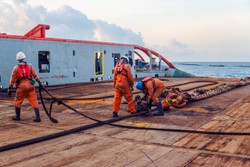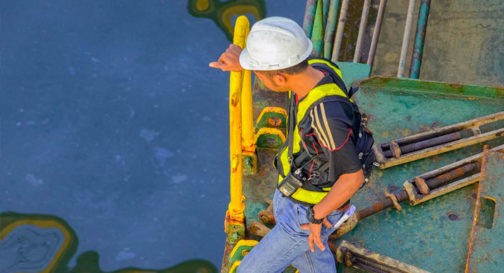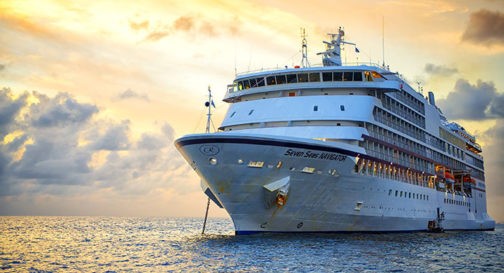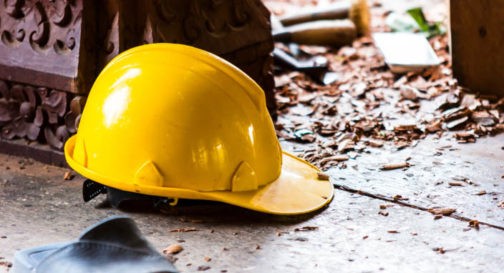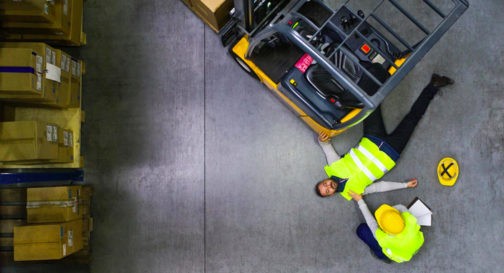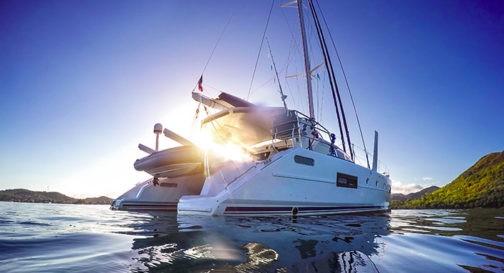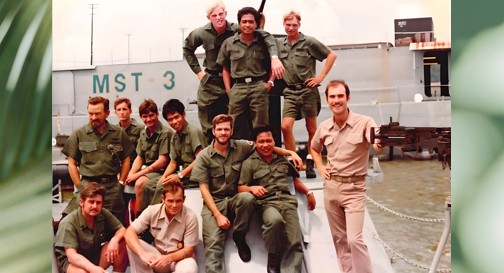What is the Longshore and Harbor Workers’ Compensation Act?
February 22, 2023
Why Was the Longshore and Harbor Workers’ Compensation Act (LHWCA) Created?
Congress enacted the Longshore and Harbor Workers’ Compensation Act (LHWCA) in 1927. At the time, it was legally necessary to create a federal workers’ compensation program because employees who worked on navigable waters were not covered under any state’s workers’ compensation system due to the federal government having jurisdiction over maritime areas. The LHWCA was expanded in 1972 to protect workers employed in areas next to navigable waters, ensuring that all longshoremen would receive benefits.
While the LHWCA is a federal program that is administered by the Department of Labor, the benefits are paid by the private companies that employ the longshore workers or their insurers. However, in cases where the company has gone bankrupt, a special fund is in place to cover claims. This multi-tiered system can make filing and appeals somewhat complex for injured employees. A longshore accident attorney can simplify the process and be the advocate you need when seeking compensation for your losses.
Who is Covered by the LHWCA?
The LHWCA protects many types of workers employed in traditional maritime and offshore occupations. This includes:
- Ship repairers
- Shipbuilders
- Longshoremen
- Harbor construction workers
For an employee to be eligible for coverage, they must be injured while working on the navigable waters of the US or in areas that adjoin the water, such as piers, wharves, and docks. Non-maritime workers may be included in the LHWCA as well if they suffer an injury while working in these areas.
Congress has also passed extensions to the LHWCA that provide coverage to various individuals, such as offshore drill rig operators and contract workers for the US armed forces on military bases worldwide. If you are uncertain whether you are eligible for LHWCA benefits or other compensation, contact a knowledgeable maritime accident lawyer to discuss your legal options.
Who is Excluded From LHWCA Coverage?
Not everyone who works on or near navigable waters is eligible for LHWCA benefits. Some groups who are excluded include:
- A master or member of the crew of a vessel (these individuals are covered under the Jones Act instead)
- US or foreign state government employees
- Certain individuals covered under state workers’ compensation laws
- Workers injured while intoxicated
- Anyone who causes intentional harm to themselves or others
What Benefits Does the LHWCA Provide?
The LHWCA provides benefits similar to state workers’ compensation programs, but LHWCA benefits are often better for the injured worker. For example, many state workers’ compensation plans will pay 60% of an injured employee’s average weekly wage as part of total temporary disability (TTD) benefits. In contrast, LHWCA will pay two-thirds of their average weekly wage for TTD benefits. Longshoremen also have the option for permanent total disability (PTD) and permanent partial disability (PPD) benefits that are adjusted annually based on the National Average Weekly Wage.
Other benefits that injured workers may collect under the LHWCA include the following:
- Medical expenses for treatment.
- Cost of transportation to and from appointments.
- Vocational training for a new position if the injury prevents you from returning to your previous employment.
If a longshoreman dies due to job-related injuries, surviving family members may also file for death benefits under the LHWCA.
What Are the Time Limits for Filing a Claim?
It is critical to the success of your claim to seek medical treatment as soon as possible and retain official documentation of your injuries. To protect your right to compensation, you should provide written notice of your injury to your employers within 30 days of the incident or when you became aware of the injury. To recover LHWCA benefits, you must file a claim with the Office of Worker’s Compensation Programs (OWCP) within one year.
There are some exceptions to the one-year time limit, but filing as soon as possible is always recommended. If you have questions about filing, do not hesitate to contact an experienced longshore accident attorney in San Diego for more information.
What Legal Rights Do You Have as a Longshoreman?
As a longshoreman, you are an integral part of the nation’s supply chain and deserve the safest workplace possible. If you become injured through a work accident, you have the right to recover medical expenses, a portion of your lost wages, and any necessary vocational training for a new position through the LHWCA. You are eligible to receive these benefits without having to prove fault or negligence. Your employer cannot retaliate against you for reporting your injury and exercising your right to seek benefits. If your injury was fully or partially caused by a third party, such as a manufacturer of defective equipment, you also have the right to bring a personal injury lawsuit against that individual or entity for damages.
How Can a Longshore Accident Attorney Help You?
While you have the right as a longshore worker to file an LHWCA claim, properly filing the necessary forms can be challenging, and there is always the risk that your employer or their insurer may reject it. Solid legal counsel can give you the best chance of recovering full compensation for your damages.
As a longshoreman, you may have several viable options for financial recovery for your injuries under maritime and personal injury laws. A skilled longshore accident attorney can help you determine the best legal approach for your unique case. Reach out today for a tailored case evaluation.

